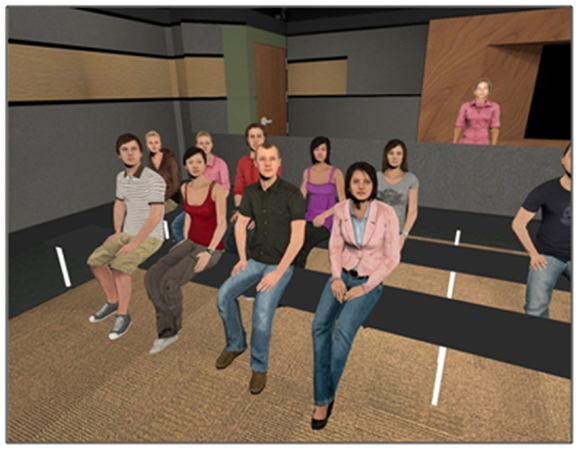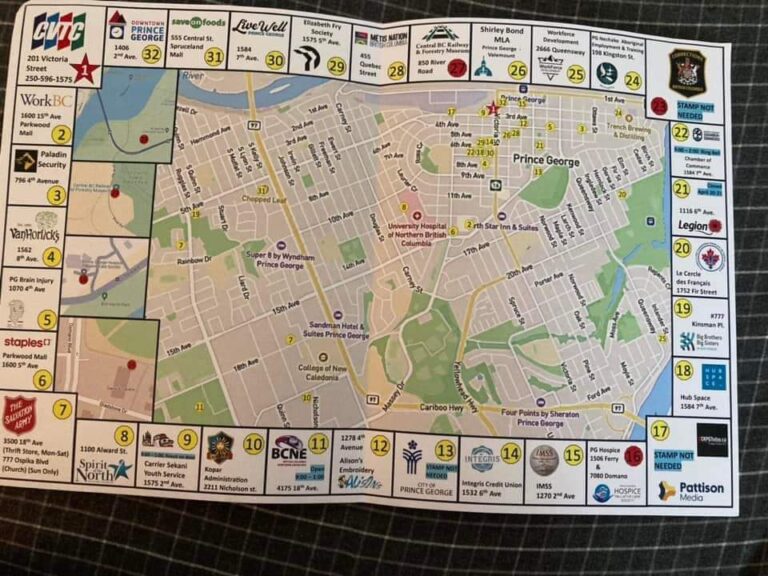We are heading off to a possible near future today folks! Cause why not?
Oh, cause some of you may find it vaguely terrifying…. (I am ok with this, by the way. What’s the point of having full control of this blog if I don’t get to terrify readers once in a while?)
Today, we’re going to look at the Metaverse and the possible impacts it will have on employment, namely, will many jobs not only go remote in ten years, but virtual? Now, obviously, we are not talking about jobs that require hands-on like plumbing or carpentry (yet…), but rather the jobs that are normally done in offices like bookkeeping, marketing, IT, and so on.
Covid-19 already upended the way a lot of these jobs look, speeding up and broadening the strength that digital platforms had to allow more people to work remotely. Now that many people have gotten a taste for working from anywhere, it’s unlikely that many of them will want to go back to the office. The next step after that seems to be heading for not going to a real office at all, but instead logging into a virtual office with an avatar.

Seems unlikely? Read on for why this reality may be a lot closer than you think.
Before delving too much more into this, we need to discuss some terminology. (Let it not be said that I was too jargony).
Avatar: A visual representation of, well, you. The best avatars are very customizable so you can make something that looks as close to what you want as possible. Will it look just like you? Proteus effect claims that we tend to make better versions of ourselves, so probably not. (*coughfilterscough*)
Metaverse: The new term that Facebook has been throwing around (and laid claim to, patent wise) to encapsulate the idea of a universe in the digital landscape that is connected to the real world through social media.
Digital to VR: The Avatars of Teams
Before diving into the ‘what could be’s’, let’s look at what is.
In 2021, Facebook announced their rebranding of Meta which was their announcement of virtual spaces for customers and businesses. In response, Microsoft announced Mesh, “a collaborative platform for virtual experiences, connected directly to Microsoft Teams”. It is meant to combine mixed reality and HoloLens for meetings and video calls using animated avatars. The goal is to make meetings more collaborative and interactive, combating the commonly called ‘meeting fatigue’ that was plaguing a lot of at home employees stuck on Team video calls all day. It lets you turn off your camera, but still be engaged in a visual way, giving people the best of both worlds.
This is actually a pretty neat idea. The AI in the Microsoft Teams will interpret your voice as you talk and then animate your avatar accordingly. In immersive meetings, the avatar will also respond to other options, such as raising its hand when you use the raise hand option or show animated emojis. (I hope my avatar claps because the clap animation as it is, is really hard to see).
Ultimately, this will merge with virtual office spaces where people can network, socialize, or use the Microsoft Apps to collaboratively work on projects.
You don’t need a VR or AR headset either (though they work best with it) – they work through animation. They also have translation and transcription support (or will), to make it more accessible.
All of this set to start rolling out this year, so we’ll see how that goes. And of course, Facebook won’t be far behind with their Meta, though they are leaning more into the collaborative and social side of things.
Moving Into the Future
Microsoft and Facebook have already started the fight to win the hearts of their customers and bring them to the virtual world, so in one form or another, there may well be more virtual in your future employment prospects. But what does this mean in terms of changes coming down the pipes?
The first thing we have to remember is how slow government and bureaucracies are to adapt to changes. Technology has really given us a world of ‘break it first, then fix it’, which has led to all manner of wild west frontiers to the internet. Virtual reality will likely be only a little different. Some of the employment side questions that have already come up:
- What rules, if any, should businesses put down regarding how avatars look? And what can they reasonably ask? How will companies monitor their diversity?
- Are avatars subject to the same protections as living, breathing people? For example, if your avatar is sexually harassed or bullied, is that workplace harassment and should be treated as such? Or, since the avatars aren’t really people, is it akin to slapping a brick wall? Obnoxious, but not actionable under law? (Fortunately, at least in the case of sexual harassment, there is more of a leaning towards virtual sexual harassment being the same as physical and should be treated accordingly. Who knows how this will actually play out though).
- Speaking of laws, who’s laws? Given that the metaverse/mesh, whatever others, aims to be global (more or less), which country’s laws hold sway? Why?
- Risks to confidential information and security
- What are the risks of wearing a headset all day?
- Who owns what? If I create something entirely digitally in the Mesh, who owns it?
- Working hours and employment status. Which ones are employment relationships?
- Can you move from one ‘world’ to another and bring things with you? What does that mean for confidentiality and ownership?
And of course, how many people are going to dive headfirst into this and how many are going to hold out against it for as long as possible and what will that mean for employment. Will it eventually be that you must be able to have a virtual presence to secure some jobs? Will interviews be conducted more and more in the virtual space (beyond video interviews)? This, by the way, seems likely to me in at least some sectors.
The legal ramifications alone are probably going to take years to untangle and will involve figuring just how much ‘person’ is in an avatar and how much legal protections we give it and what that means. (Would your avatar being killed constitute murder or art destruction?)
Take a Breath
Freaking out? Yeah, it’s definitely weird to think that some jobs (or at least aspects of them) will be done using avatars in a virtual office, but we’re not really there yet. Metaverse really won’t be fully realized for another ten to fifteen years and while Microsoft is champing to get Mesh out there, we all know how buggy Microsoft can be, so figure that their roll-out aimed for 2022 will be more like 2023ish… or longer… realistically.
This means that while this is a neat thought experiment and something you may want to start mentally preparing for, the reality is that we will likely be doing video conference calls and face-to-face meetings and jobs for a while yet. So don’t go getting too excited about designing your amazing avatar just yet. On the other hand, don’t imagine that your job will remain as it is today. Covid, technological marvels, and the settling in of remote work means that seismic changes in how we work are still to come and you can either ride the wave or drown beneath it.
I’d opt to ride it myself. Using my avatar. Possibly riding a horse because hey, why not.
What do you think about workplaces going virtual? Cool? Scary? Worried it will bring out the worst in people? Sound off!

